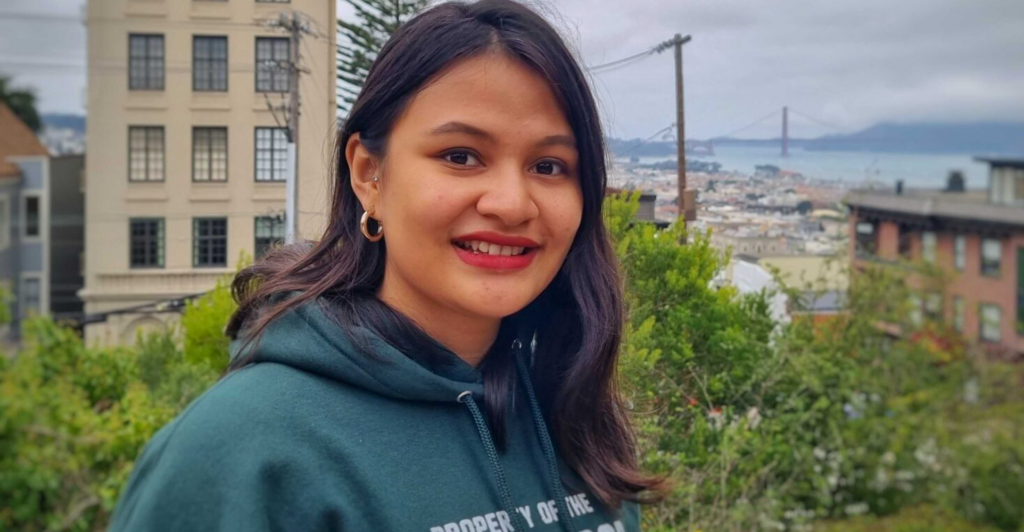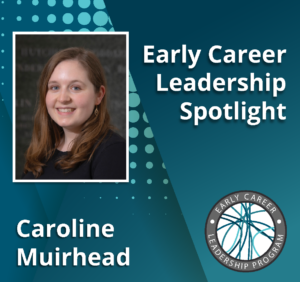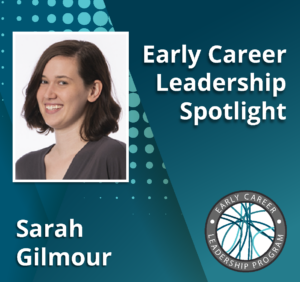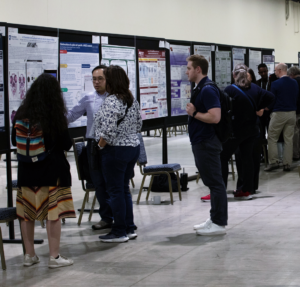We’re taking time to get to know the members of the GSA’s Early Career Scientist Committees. Join us to learn more about our early career scientist advocates.
Chandrika Konwar
Policy and Advocacy Subcommittee
University of Delhi
Research Interest
Growing up amidst the strife and struggle of northeast India, I saw that my community faced a lack of accessibility to necessary healthcare. We saw several outbreaks of malaria and jaundice, which ended in significantly high mortality rates. So, as an adolescent, I started reading about communicable diseases and presented a project on the surveillance and prevention of malaria in a science exhibition. It was very encouraging to find possibilities for using scientific research to save people from grave illnesses. The entire experience was pivotal in my realization that I wanted to pursue research in biomedical sciences.
To channel my inclination towards science, I studied biochemistry during my undergraduate studies at Daulat Ram College, University of Delhi, followed by a master’s degree in biomedical sciences to expose myself to translational biology. In my master’s thesis, I had the opportunity to work on finding natural drug molecules against an essential bacterial protein called glutamate racemase. The main objective was to target infectious diseases that have developed antimicrobial resistance, like gonorrhea and tuberculosis. Most of the study revolved around enzyme kinetics, protein biology, bacterial culture and experimentation, and a decent amount of bioinformatics. Gradually, I started exploring outside core biomedical research and worked on some exciting studies related to the social connotations of health and well-being within Indian sub-populations.
At the moment, I am a Fulbright Scholar at Professor Paul W. Sternberg’s lab at Caltech in the United States and a PhD candidate registered with Professor Daman Saluja at the University of Delhi, India. In a much broader sense, my doctoral dissertation focuses on the impact of gene regulation in cell death and aging.
Coordination between DNA and proteins dictates the genetic basis of an organism. Multiple proteins associate and dissociate with DNA to maintain regions in the genome that need to be expressed or silenced. My current research engages with the regulatory SIN-3 protein that seems to affect different genes through physical and functional interaction, much like its human homolog. In the lab, I use worm genetics, molecular biology, microscopy, and proteomics alongside big data and systems biology to decipher how this protein regulates apoptosis, autophagy, and longevity. I chose worms for my study due to their rapid life cycle and genetic amenability, along with their shared homology with human beings. Since the human homolog of SIN-3 is notorious for causing cancers, my research will help in gauging the role it plays in gene regulation during disease and non-disease conditions.
As a PhD-trained scientist, you have many career options. What interests you the most?
Despite coming from a small town in northeast India, I pursued my love for biomedical research with my doctoral studies instead of looking for job prospects. I aspired to build a career out of my quest for curiosity.
Although independent research seemed intimidating at first, the rigorous training helped me identify my strengths and weaknesses while preparing me to tackle real-world problems. So far, my journey as a researcher has inspired me to pursue a career in research and consultation using my strengths in biological experimentation and data science.
I am equally fascinated with academia because, as a child, I loved watching my parents interact with their students. As I grew up, I started looking up to scientists who led others toward the prospect of doing exciting science. Even through the trials and tribulations of life, my love for academia was further fueled by my amazing research supervisors, Professor Daman Saluja and Professor Paul Sternberg, who modeled the drive to pursue their scientific passions with freedom.
Today, I am a firm believer in open science and interdisciplinary research and strongly support science communication and policy. Given the opportunity to open my own Konwar lab, I would like to work at the intersection of biology, data sciences, and humanities. I hope to work toward being able to accommodate anyone curious about human life and willing to work through their curiosity in my lab.
As a woman in STEM, I have come to recognize the importance of my voice over the years. Irrespective of the career I choose, I am optimistic about bringing critical perspectives and insight to the table, alongside deep empathy, exemplary resilience, and decent work/life balance.
In addition to your research, how do you want to advance the scientific enterprise?
As a woman from northeast India, I have overcome many hurdles in standing my ground and working on equal footing with the people in the field of research and academia. I have learned to move past patriarchal notions and racial discrimination, thanks to my parents and schoolteachers, who molded me into an independent woman and instilled confidence in my ability to excel, irrespective of my gender or racial identity.
As a senior graduate student, I strive to be involved in mentoring young people to help shape their careers in STEM and beyond. Often, women find it difficult to believe that we can have a sustainable career in STEM. We tend to suffer from a lack of self-confidence and high levels of imposter syndrome while navigating through the struggles of womanhood. Personally, I was fortunate to connect with women in STEM in the Genetics Society of America and the Fulbright program. It enabled me to move past these setbacks. Now I am working toward using this network to create a support system for students from developing nations, with a special focus on women and girls. I want to provide access to the guidance and resources that are usually unavailable to people with disadvantaged backgrounds. My goal is to empower everyone with the right communication, engagement, and organizational skills and networking abilities that will help advance their scientific careers.
As a leader within the Genetics Society of America, what do you hope to accomplish?
True leaders are not born; they are made. They learn from their trials, tribulations, and experiences. To the credit of the Genetics Society of America, its Early Career Leadership Program (ECLP) takes in early career researchers and transforms them into leaders.
The ECLP has been a game-changing opportunity for me. It has been phenomenal to connect and work with the early career scientist community at GSA while sitting in a remote corner of the world amidst the uncertainties of the global pandemic. I have evolved into a better person with the GSA. I developed my knowledge in the latest experimental techniques, built fresh perspectives on tackling research problems and failures, and formed productive discussions and new collaborations with a large international scientific community. The program has not only allowed me to thoroughly build on my abilities but also given me space to explore previously unexplored domains. I hope to do the same for others.
As a mentor for postgraduate students, I have trained students in research experimentation, data analysis, and visualization. This has allowed me to gain a holistic impression of the needs and demands of the student cohort and to dwell on practical solutions. Therefore, I hope to make science students and biologists data-efficient by teaching what I know. I want to conduct workshops and seminars like those at GSA for anyone who wants to understand how to approach data with a suitable skill set. In this way, I will also be able to help my mentees develop curiosity, judgment, and analytical skills while teaching the basics of conducting a research project with adequate data skills.
Previous leadership experience
President of Dhara, Eco Club of Daulat Ram College, 2015–2016
Youth Delegate representing the Indian Youth Delegation to China in the Republic of China, August 20–25, 2015
Youth Delegate in the World Sustainable Development Forum: Delhi Sustainable Development Summit, February 6–8, 2014
Youth Delegate in YUVA (Youth Unite for Voluntary Action) Meet, February 3–4, 2014
Participant of the CSIR Programme on Youth for Leadership in Science, 2011
Connect with Chandrika on Twitter, LinkedIn, and ResearchGate.





